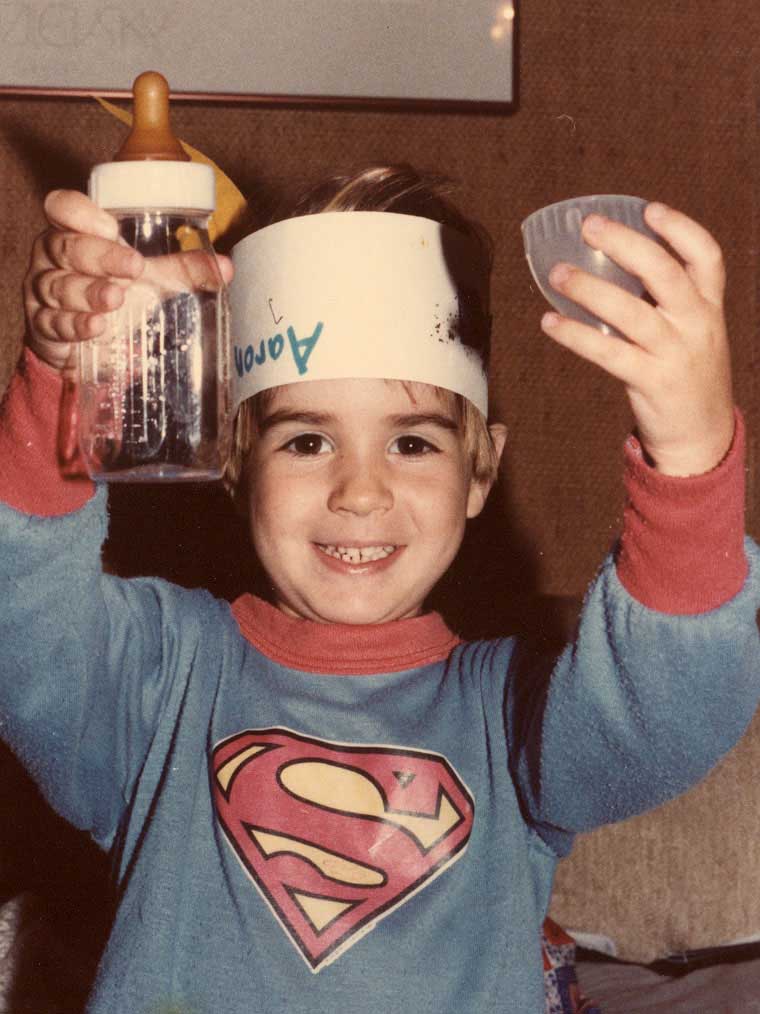Tag Archive for: fatherly advice

Parenting the Puppy
We had plans to go out tomorrow night, but those have been cancelled. We’ve been binge watching TV lately, but now we’re too tired. It’s been two days since we got…the puppy!
She’s a Golden Retriever. She’s ten weeks old. She’s…

Raising Kids in a Modern Family
If I could tell parents one thing, I would caution against thinking or emoting on behalf of their children. I would tell them that their young children don’t care if they are a working mom, or a stay at home dad, or a traveling salesperson.…

Harmony at Home
Imagine a group of musicians each playing a different song, in a different key at a different tempo. It would be chaos – and it would sound terrible.
Now imagine a family like that.
If you’ve ever played, sung, or performed musically…

Teaching Tolerance
When we were newlyweds ourselves, JoAnn and I were often successful matchmakers. We had one friend in particular - a talented, smart, and handsome co-worker of mine named Phil -- who was very eligible and very single. I was pretty direct with…

On Fame and Fatherhood
“Don’t get a big head” was what I heard from my high school soccer coach. I had just debuted as the team goalie and we had beaten our biggest rival in a 1-0 shutout. After a childhood filled with criticism fueling piles of self-doubt,…

Building Your Creative Child
I’ve encountered a number of parents who, in their zeal to have “creative” children, resist discipline in their parenting process. They explain that they “want their child to be free to create” and to be “undiminished by structure”…

Parenting – The Shared Adventure
What happens when two strong individuals come together to raise a child? Are they able to surrender control? How do they deal with sharing tasks? Who gets to be right and who gets to be wrong? How can they make positive communication…

Necessity is the Mother of Happiness
None of us should expect to be happy all the time. We can, however, choose to be happy most of the time, and being happy is not only a matter of perspective, but also a healthy long-term strategy. Although the expression is "Necessity is…

A Lazy Dad is Not All Bad
“Lazy” isn’t a word that is often associated with “better,” but I must confess that I am, and have always been, a lazy father. Sure, I’ve coached a lot teams, driven a bunch of carpools and changed my share of diapers – but I’ve…

A Great Birthday Gift for Toddlers
There are few better opportunities to teach our children about the feelings of others than their birthdays – and the way we celebrate them.
Birthday parties thrown for one-year-olds are clearly done for the benefit of the parents and posterity. …
